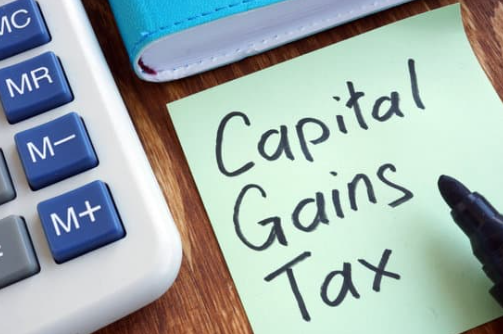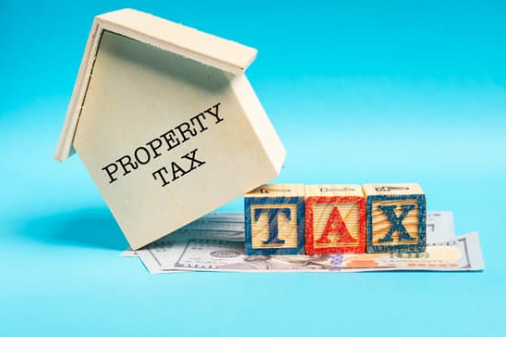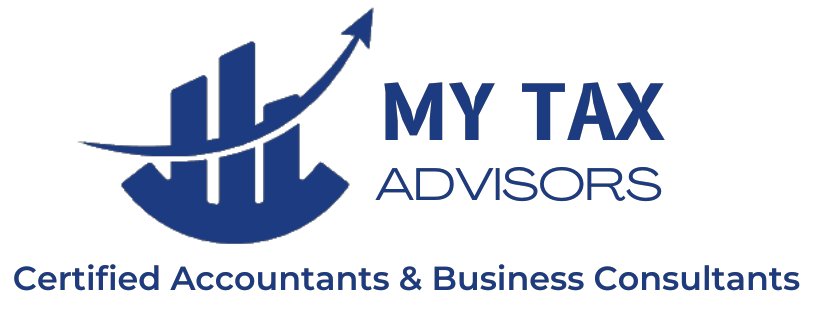Capital Gains Tax (CGT) is a tax on the profit when you sell (or ‘dispose of’) something (an ‘asset’) that’s increased in value. It is often referred as voluntary tax. The tax that you need to pay when you make a gain after selling of an asset, not the amount of money you receive.
With careful capital gains tax planning, it is often possible for individuals and/or trusts to reduce, totally avoid and/or delay payment of capital gains tax.
We will advise you on reducing or delay in paying capital gains tax depending upon your circumstances. There are many ways we can do so but some of them are as follows:

Ways to reduce capital gains tax

By claiming reliefs
- Lettings relief
- Entrepreneurs relief
- Claiming any losses available
- Principal private residence relief
- 31 March 1982 market value re-basing
By deducting valid expenditures
- Professional fees i.e. estates agents fee
- Enhancement expenditure
- Banking indexation allowance
Ways to delay payment of capital gains tax
By spreading sales over two years
- Taking advantage of available exemptions, considering sale to spread over more than one tax year
- Exchanging equities with loan noted and redeem later to take advantage of annual exemption
By reinvesting the proceeds and claiming:
- Rollover relief
- Holdover relief
- EIS deferral relief
- Gift relief – This relief applies if assets are gifted or sold to family members at undervalue. Claiming gift relief will effectively delay payment tax until the asset is disposed of by family member.
Other factors that we consider in CGT planning

